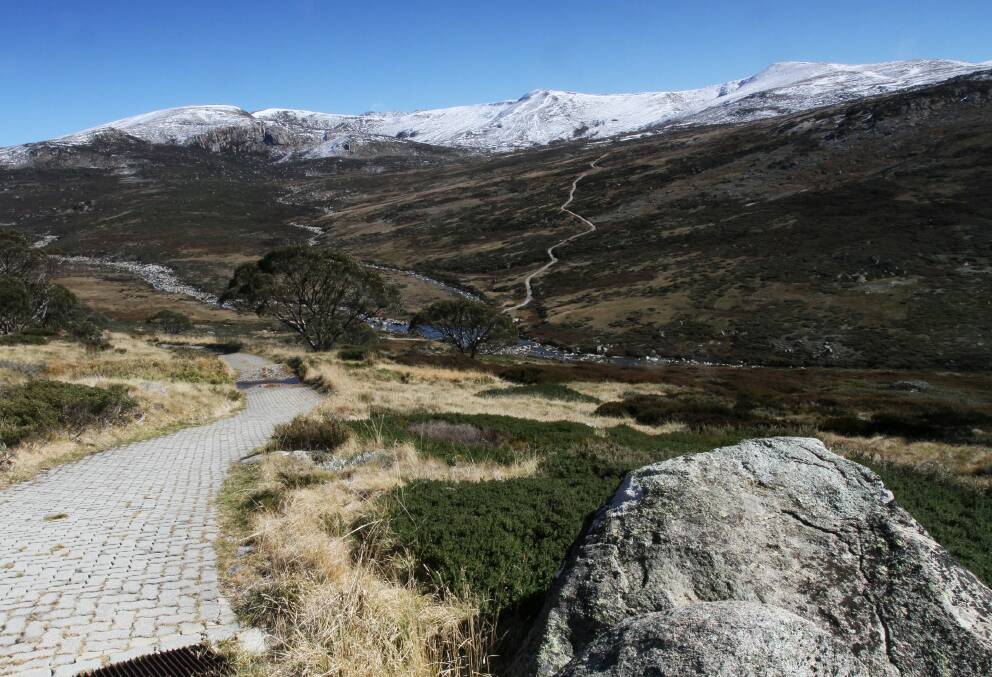Australia's highest snow resort has been convicted and ordered to pay more than $200,000 for failing to stop its sewerage treatment plant from polluting waterways in Kosciuszko National Park.
A NSW Land and Environment Court judgment on Monday states that for 78 days in 2019, about 11.6 million litres of sewage, including partially treated amounts, from the resort's treatment plant that leaked into an unnamed tributary and Spencers Creek had ammonia and total nitrogen levels that exceeded the limitations of the resort's environment protection licence.
The actual harm of the pollution was limited to the changed chemical condition of the water.
The potential harm of it meanwhile was when the concentrations of ammonia, a colourless gas with a distinct odour, in the waters exceeded the guideline value of ammonia as a toxicant from July to August.
After becoming aware of the elevated concentrations, the resort notified the NSW Environment Protection Authority.
During the resort's testing of the water from the plant during the offending period, one sample showed the concentrations of the gas from a downstream was "more than 600 times greater" than upstream.
It was also "15 times the default water quality guideline for ammonia as a toxicant".

External testing by the National Association of Testing Authorities also revealed some concentrations of ammonia exceeding limitations as stipulated in the resort's licence.
Following an investigation by the authority, the resort agreed to carry out the "high priority and other relevant works" recommended in a report.
The authority also varied the resort's licence to include a "pollution reduction program" to capture the resort's "imminent upgrades" to the treatment plant.
The authority prosecuted the resort, which pleaded guilty to one count each of water pollution and breaching its licence.
The latter offence related to the resort failing to maintain and operate its treatment plant in a proper and efficient manner.
The resort accepted the pollution's harm was foreseeable and a number of measures could have been taken to prevent, control, abate, or mitigate both offences.
Justice Rachel Pepper in her judgment said: "There can be no doubt that the commission of the pollution offence also caused potential harm to the environment, although not to any substantial degree".
She said the evidence showed a direct causal link between the failure of the diffusers in the treatment plant and the elevated levels of ammonia and total nitrogen in the sewage leaked.
Justice Pepper said she assessed the objective seriousness of both offences as low to moderate and took into account the evidence of genuine remorse.
She also considered the resort helping the authority during the investigation and legal proceedings as a mitigating factor in sentencing.
The resort was convicted on both counts and fined $144,000. Each offence has a maximum penalty of $1 million for a corporation.
It was also ordered to pay the authority's investigation costs of $89,425 and legal costs.
The authority's CEO, Tony Chappel, said they expected the highest standard for one of the state's most pristine National Parks.
"Charlotte Pass and the surrounding Snowy Mountains are a much-loved attraction for families right across NSW and we expect everyone to do their part to protect the environment," Mr Chappel said.
"With wild rivers and mountains, this is a special place and the resort should have taken more care to protect it."
Mr Chappel said failure to address equipment that did not meet the standards was "an unacceptable disregard of the environment".
The resort has been contacted for comment.







